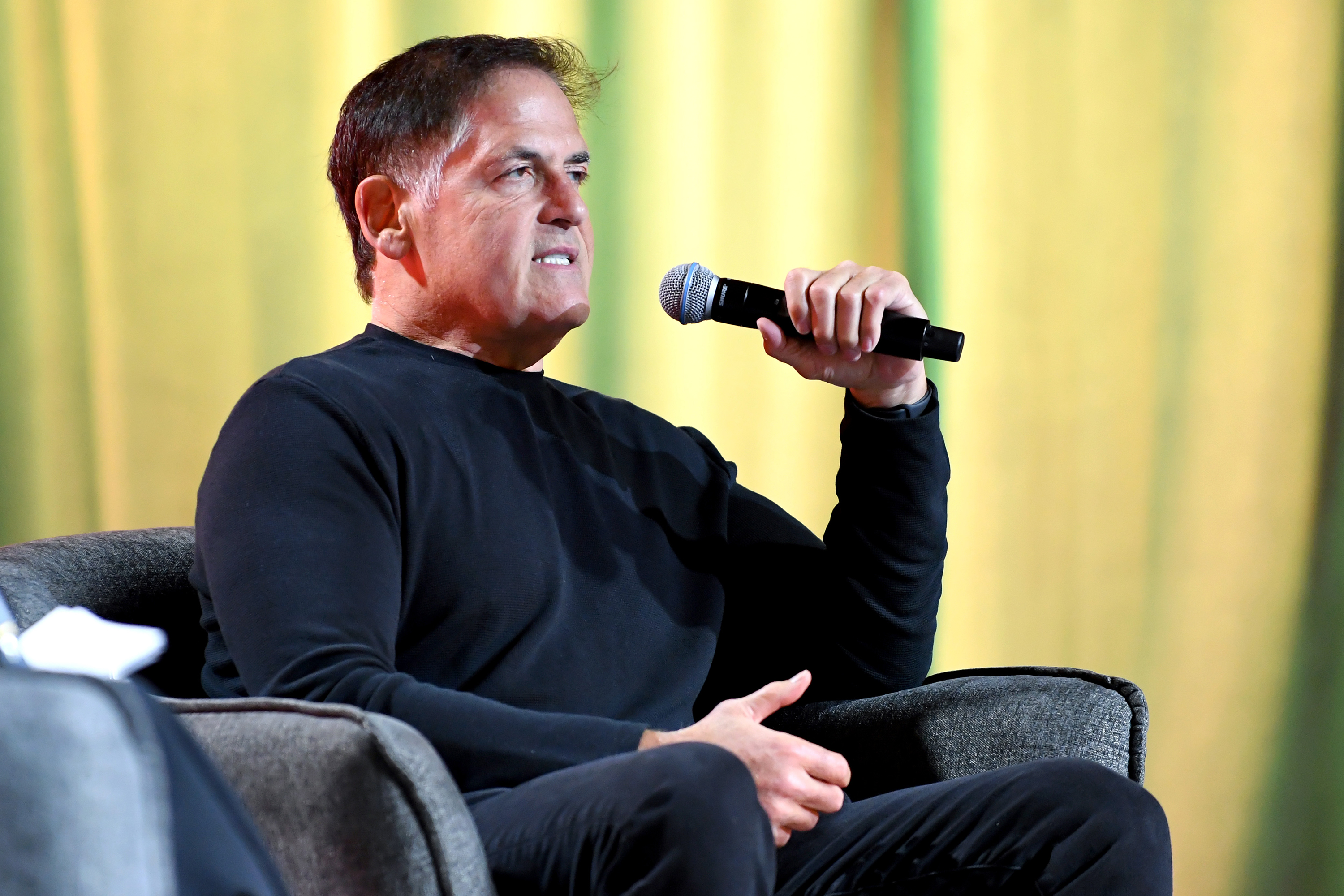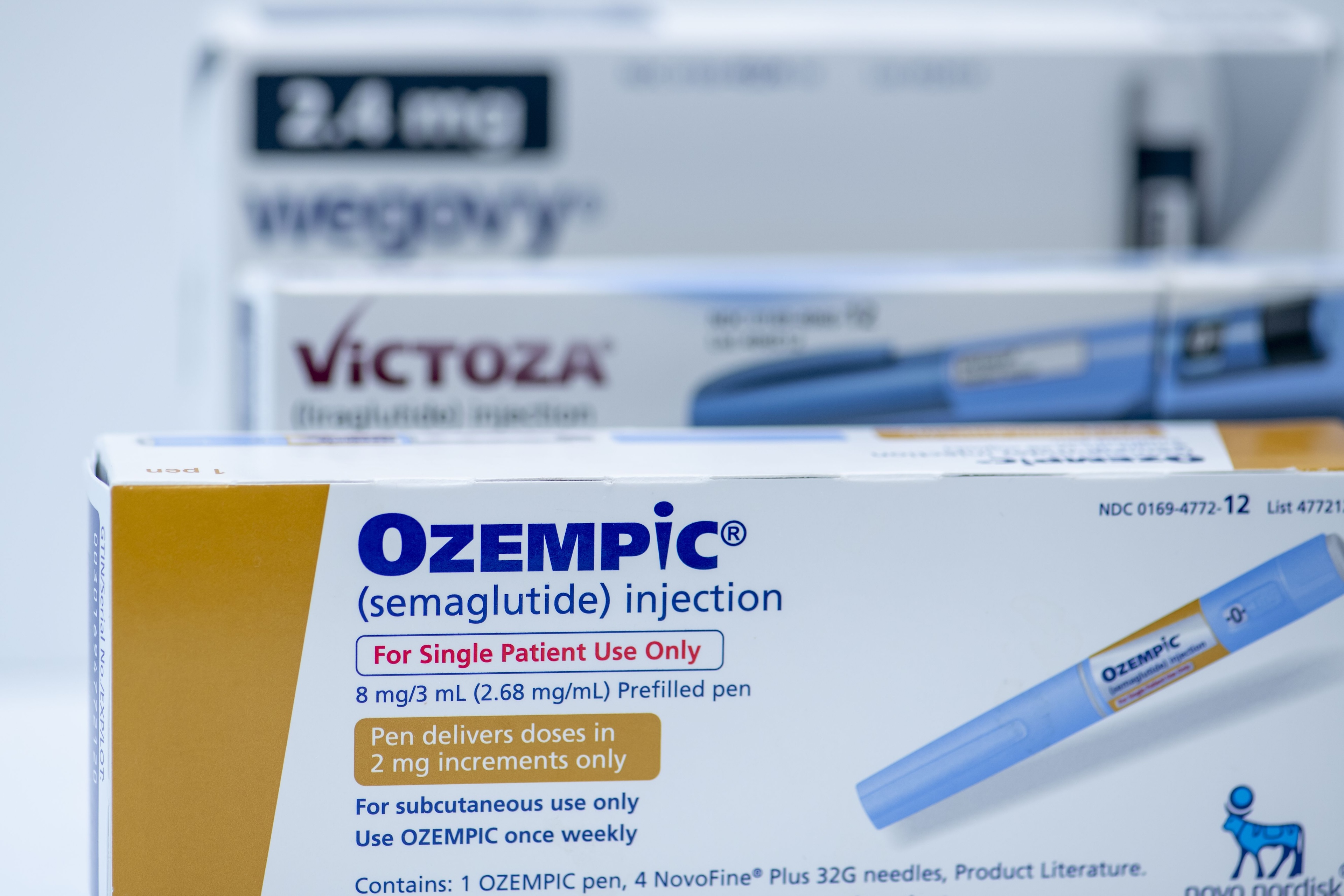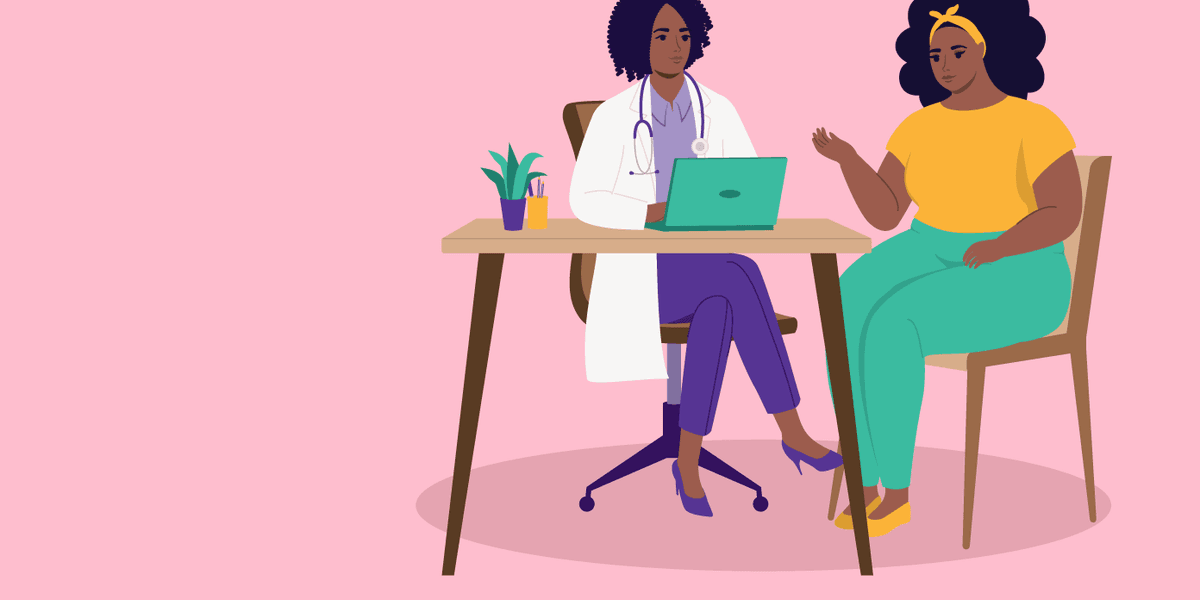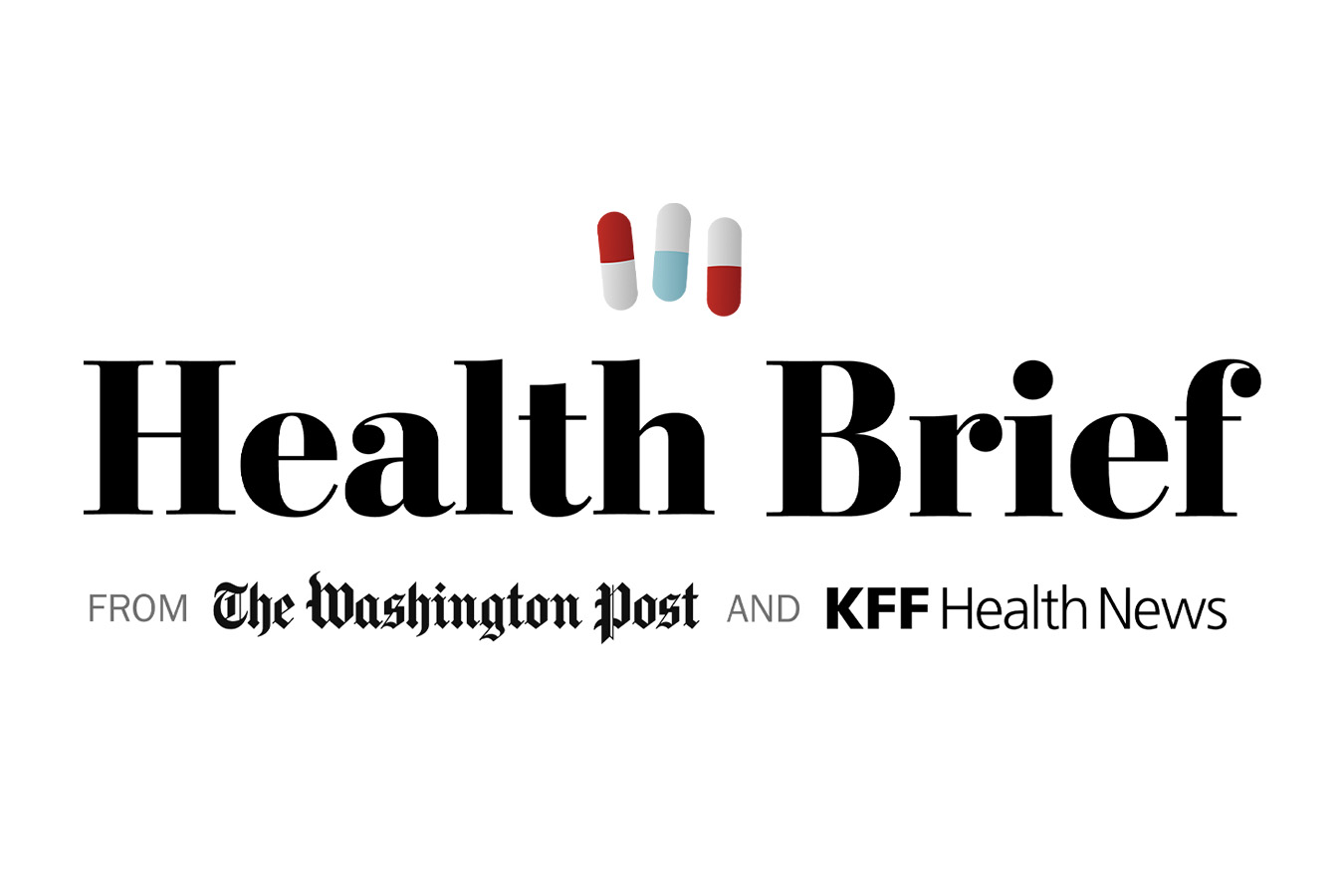It can be troubling if you feel your heart start to flutter, skip or race. But heart palpitations are common, temporary and usually not something to worry about.
They can be a sign that you’re feeling a bit anxious, or triggered by something that you ate or drank (such as caffeine, alcohol or spicy food). Usually, palpitations are harmless, but call 911 right away if you also have pain or tightness in your chest, trouble breathing or feel like you will pass out.
Read on to learn about heart palpitations, how they relate to arrhythmias, causes and more.
What are heart palpitations?
Heart palpitations are any sensation of your heart beating. It can feel as though your heart is beating too fast, too forcefully or at an irregular pace. You may be able to feel them in your chest, throat and neck. Heart palpitations can start at any time – during normal activities, exercise, eating and even resting. You may also notice them more when lying in bed because there are fewer things to distract you. Also, if you are lying on your left side, the heart is closer to the chest wall, and you may be more aware of them.
Anyone can get heart palpitations, but they are more common in women and those assigned female at birth. You’re also more likely to have them if you have other heart conditions.
What heart palpitations feel like
- Fluttering in chest – A heart flutter can feel like your heart is doing a little dance in your chest.
- Heart skips a beat – It can feel like there’s suddenly a big pause between heartbeats.
- Extra heartbeats – It can also seem like there are heartbeats that fall outside the normal rhythm of your heart.
- Heart racing – It may feel like your heart is beating very fast.
- Heart pounding – Your heartbeat may seem more forceful or stronger than usual.
- Heart flip-flopping – It may feel like your heart is turning or flipping.
How long do heart palpitations last?
Heart palpitations usually don’t last very long – most of the time they’re gone in a few seconds or couple of minutes. If they last longer than a few minutes, it can be a sign of other heart rhythm issues that may need medical treatment.
When to worry about heart palpitations: Here’s when to get immediate medical attention
Again, heart palpitations are rarely a cause for concern. But while heart palpitations are almost always harmless, there can sometimes be signs of other medical conditions. Call 911 and get immediate medical attention if you’re also experiencing:
- Chest pain or discomfort
- Severe shortness of breath
- Severe dizziness or fainting
Causes of heart palpitations
Palpitations can occur for a variety of reasons. In general, anything that causes physical or mental stress can increase palpitations, which can include:
Stimulants
Stimulants can cause the heart to beat faster and with greater force, potentially leading to heart palpitations and higher blood pressure. Types of stimulants include:
- Caffeine – Caffeine is a stimulant that can temporarily increase your heart rate, causing palpitations. It’s generally okay to drink caffeinated beverages, but if you have heart problems such as high blood pressure, it may be good to limit caffeine intake to 200 mg per day (about two cups of coffee).
- Prescription and over-the-counter medicines – Stimulants are used in medications for attention deficit hyperactivity disorder (ADHD) and asthma, in over-the-counter cold medicines and decongestants. Let your doctor know if you have heart palpitations after taking a medicine, but don’t stop taking any prescriptions unless they say it’s okay.
- Alcohol – Drinking alcohol can affect how your heart beats and increases your chance of developing an arrythmia or other heart problems. It’s best not to drink at all, but if you do, limit how much you drink at one time.
- Nicotine – The nicotine in tobacco products speeds up your heart rate and increases blood pressure, causing palpitations. Using nicotine is not safe and can lead to many long-term health problems, including heart disease, lung cancer and respiratory problems. If you smoke, quitting is one of the best things you can do for your health. It can be hard to quit, so talk to your doctor if you need help.
- Sports and diet supplements – Weight loss and diet supplements may contain potentially dangerous ingredients that aren’t approved by the U.S. Food and Drug Administration (FDA). Supplements that are intended to boost energy, fat metabolism or cause weight loss usually contain herbal stimulants that can cause palpitations or high blood pressure. Before taking any supplements, talk to your doctor about whether they’re safe for you.
- Illegal drugs – Speed, cocaine and ice are names for illegal stimulants. Taking them isn’t safe.
Spicy food
For most people, eating spicy foods is totally safe, even if the body’s natural responses seem to suggest otherwise. Spicy foods contain a compound called capsaicin which causes your body to release adrenaline into your bloodstream. This can temporarily increase blood pressure and heart rate. Spicy foods can also cause heartburn, which can sometimes feel like palpitations.
Fertility and reproduction
Women (and those assigned female at birth) can experience hormone cycles and other changes that make heart palpitations more likely.
- Menstruation – Estrogen and progesterone levels rise and fall during the menstrual cycle. This can cause heart palpitations just before or during your period.
- Menopause – Heart palpitations can be triggered by a drop in estrogen and progesterone levels. They may accompany a “hot flash” that causes a sensation of heat around your face, neck and chest.
- Pregnancy – Estrogen and progesterone levels surge when you’re pregnant. And since there’s more blood in your body to support your growing baby, your heart needs to work harder. Anemia, which is commonly experienced during pregnancy, can also cause palpitations.
Mental health concerns
You may have heart palpitations when you’re experiencing depression, anxiety or stress. As part of a fight-or-flight response, your heart responds to stress and other strong emotions by releasing large amounts of adrenaline, cortisol and other chemicals into your body. These chemicals increase your blood pressure, heart rate and can cause feelings of heart palpitations.
Blood imbalances
It’s harder for your heart to pump blood that has too little or too much of certain nutrients, and this can lead to palpitations.
- Dehydration – When you’re dehydrated, your blood is thicker and your heart needs to work harder to push it through your body.
- Blood loss – If you lose blood for any reason, your heart beats faster to maintain blood flow. This can lead to palpitations
- Low electrolyte levels – Electrolytes (such as potassium, sodium, calcium, and magnesium) help your heart work correctly. Imbalances can cause irregular heartbeats.
- Anemia – Anemia is when you don’t have enough red blood cells to carry oxygen throughout your body. Because of this, your heart needs to work harder, which can lead to palpitations.
- Low blood sugar levels (hypoglycemia) – Low blood sugar levels caused by diabetes and other conditions can trigger palpitations. Glucose is essential for energy production, and when it drops too low, the body responds with increased heart rate.
- Low oxygen levels (hypoxia) – If you don’t have enough oxygen in your blood, it can put a strain on the heart, possibly causing palpitations. Lung conditions and high altitudes are reasons for low oxygen levels.
- Low carbon dioxide levels (hypocapnia) – Abnormally low levels of carbon dioxide in the blood can cause palpitations. Hyperventilation and lung conditions are causes of hypocapnia.
Thyroid disease
If you have thyroid disease, it will need to be treated. Without treatment, thyroid problems can lead to arrhythmia such as atrial fibrillation or other heart conditions. Signs of thyroid disease include fatigue, mood changes, unintentional weight gain and unintentional weight loss. High thyroid levels can cause palpitations or rapid heartbeat.
Rarely, heart palpitations can be a sign of heart disease
Occasional heart palpitations are normal, even for healthy hearts. But if you regularly have palpitations that don’t seem related to what you eat, drink or do, it’s possible that they could be signs of an arrhythmia or other types of heart disease.
How to stop heart palpitations when they happen
If heart palpitations are caused by things you do, eat or drink, they should go away on their own without treatment within a couple of minutes. You shouldn’t have to do anything to make them stop.
Still, there are things you can do to help your heartbeat return to normal more quickly. These can be especially helpful if heart palpitations are caused by anxiety or stress.
Stay calm and try not to panic
Worrying about heart palpitations can make them worse. Meditation can help shift your focus away from your racing heart and help you think about something else – for example, your breathing, a sound, a mental image or a phrase. Other calming activities may be journaling or stepping outside for some fresh air.
Focus on your breathing
Try to breathe deeply and slowly using your diaphragm, which is the muscle below your lungs. When you use your diaphragm, your stomach will rise and fall as you breathe. That’s why diaphragmatic breathing is sometimes called “belly breathing.”
There are breathing techniques to help you slow down your breathing. One that works well is box breathing. Here’s how you do it: Inhale for four seconds, hold your breath for four seconds, then exhale for four seconds and hold your breath for four seconds. Other things to try are breathing through pursed lips or humming as you exhale.
How to prevent heart palpitations
You may be able to prevent heart palpitations or reduce them by avoiding triggers and changing your behaviors. Still, heart palpitations aren’t always preventable. If you have heart disease or an arrhythmia you may need medication, a procedure or a medical device to manage heart palpitations and other symptoms.
Avoid triggers for heart palpitations
Triggers can be different for everyone. If it seems like they may be related to certain foods, beverages or activities, cut back and see if that helps. For instance, start drinking less caffeine, quit smoking, and avoid or limit alcohol.
Drink more water
Make sure to drink when you’re thirsty, exercising or spending time outside on hot days. The color of your pee holds a clue to your hydration levels. Your urine should be a light-yellow color. If it’s darker, you need to drink more.
Find ways to manage depression, anxiety and other strong emotions
Breathing exercises and meditation (as mentioned above) are a great start. But it’s also a good idea to find someone to talk to about how you’re feeling – whether that’s a friend, family member or therapist.
When to make a doctor appointment for heart palpitations
Occasional heart palpitations are rarely a problem. But if they’re bothersome, or you have symptoms of dizziness, chest pain or shortness of breath, you should be seen by your primary care doctor.
Your doctor will want to know when and how often they happen, how long they last and what helps them go away. They’ll also ask questions about other symptoms, your lifestyle, and the medications and supplements you take.
Your doctor will work with you to put together a personalized plan to manage heart palpitations and improve your heart health. If necessary, they’ll refer you to a specialist such as a cardiologist for advanced care.













![Healthy Peanut Butter Banana Protein Pancakes [dairy-free + gluten-free]](https://i0.wp.com/healthyhelperkaila.com/wp-content/uploads/2024/11/PBBananaPancakesFEATURED.png?fit=1531%2C1536&ssl=1)





 English (US) ·
English (US) ·